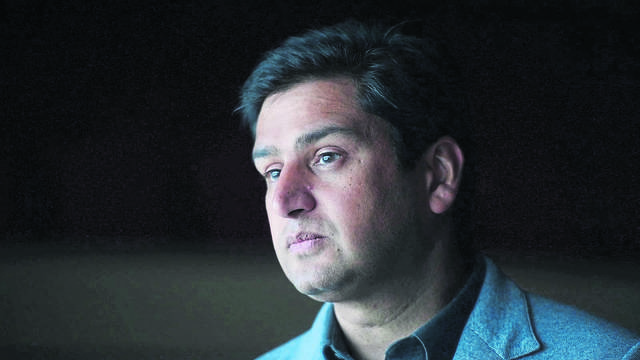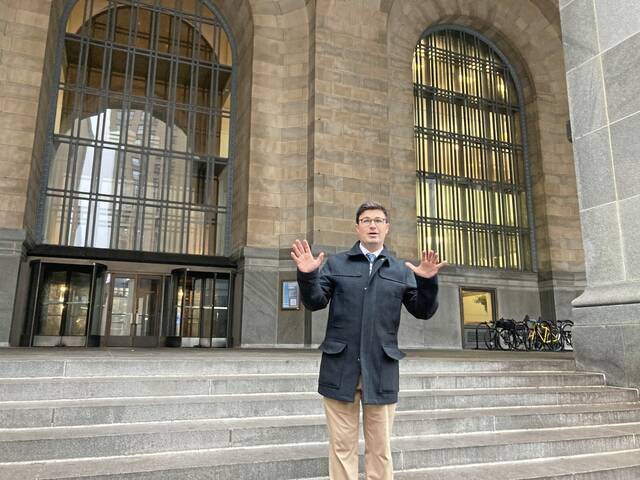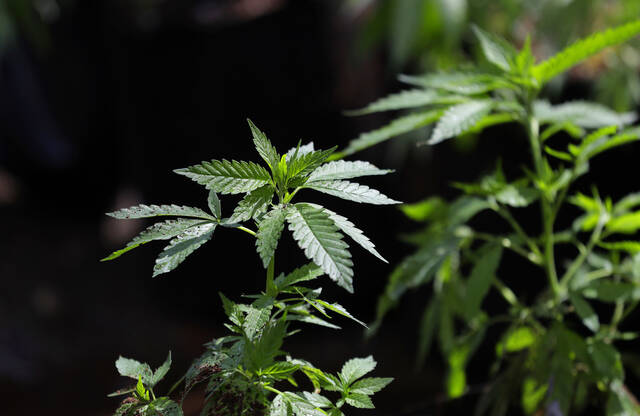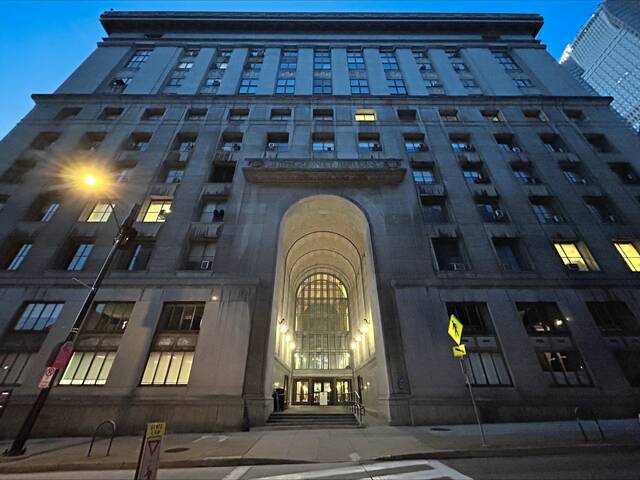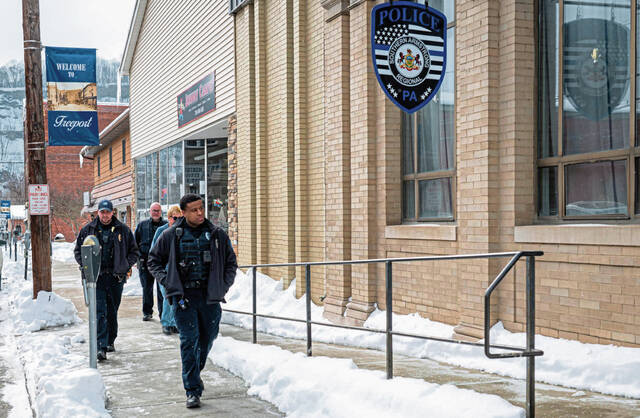As the number of people dying from covid-19 continues to rise, the more infectious coronavirus variants could make things worse, exacerbating the death toll as well as the number of cases.
On Wednesday, Ohio researchers discovered two new variants of the coronavirus, including one which has become the dominant strain in Columbus.
Pittsburgh-based infectious disease expert Dr. Amesh Adalja, a senior scholar at the Johns Hopkins Center for Health Security, said taking the same precautions that have been advised since the start of the pandemic will help contain the spread of the disease, including the covid variants.
Question: The new variant has been found in Ohio. Are these variants a new reality?
Answer: These two variants have been a reality for some time and it’s not something that’s surprising. We know that viruses mutate and this virus has been mutating since it entered humans. Most mutations, most variants really are of no consequence. They don’t change the behavior of the virus.
What we’ve seen with this UK variant, which was first described in September, is that it does have some characteristic mutations, meaning that it is likely more contagious from person to person. And at the same time as this was being tracked, we saw a big spike in cases in England and this variant come to dominate. The same is true in Ireland, so this likely does show that this variant does get from person to person more efficiently.
So, that raises the stakes. We have to be better at social distancing, and washing our hands and wearing a face covering. And we have to be much faster at getting the vaccine into the arms of people, because that’s the way we stop this and any other variant.
Q: Will the precautions that people have been taking work against the new variant?
A: They will work, granted though that you will be good with your precautions. There can’t be that you have lapses or that you are not doing it fully. If you’re not washing your hands well, if you’re not wearing the face covering all the time, if you’re not social distancing, this variant will capitalize on this.
You have to do it better but it doesn’t transmit any differently. It transmits more efficiently.
So, the same measures that we’ve been talking about for about a year now are the same ones that we have to continue to do with this new variant. Respiratory transmission, six feet distance — all of that is going to apply with this variant, just as much as it applied with the original variant of the virus.
Q: Should we be concerned that the vaccines might not work against the new variants?
A: No. There’s no evidence that the Pfizer and Moderna vaccines and even some of the vaccines that are coming through the pipeline are going to have any less activity against this variant.
It’s important to test and the companies have tested the variant against the vaccine and everything does look like these are going to be robust vaccines for this variant. You have to remember it’s hard for a virus to be able to evade a vaccine. It’s not just something it can do overnight. And vaccines don’t just give you antibody, they give you a whole host of antibodies as well as T-cell immunity against the virus.
So, there are a lot of things that are going for the vaccine that make it very difficult for a virus to be able to completely evade a vaccine. That’s why I say the solution to this variant is to accelerate the vaccination programs.
Q: What are your thoughts about the vaccine rollout? There has been a lot of frustration. Older Pennsylvanians are being told they still can’t get the vaccine. Is it going any slower in Pennsylvania and, if so, why?
A: Pennsylvania is not the best state at delivering the vaccine into the arms of people, and it’s not the worst state. So, it’s somewhere in the middle there.
I think it has to do with the fact that we knew states and their health departments had various capabilities and some states were more equipped to do this than others and that’s why we had asked for federal support.To make sure that that last mile of turning a vaccine into a vaccination didn’t get neglected.
We also have been having issues because this is something that’s hard to do. It’s not like getting a flu vaccine. You have to remember that the health department is tasked with responding to covid, contract tracing, setting up testing sites and at the same time running a vaccination program. The same is true for the hospitals that are administering the vaccine.
This is something that is always going to be a challenge. Hospitals are getting faster, nursing homes are getting faster. It’s getting better but we need a lot more resources. We need to be mass vaccinating the way Israel is. We need to use things like stadiums and convention centers and school gyms. We need to have drive-thru vaccines.
We really have to have an all-hands-on-deck approach and try to get through all of these priority groups and get all of our vulnerable populations protected as quickly as possible because that’s how we end this pandemic.


